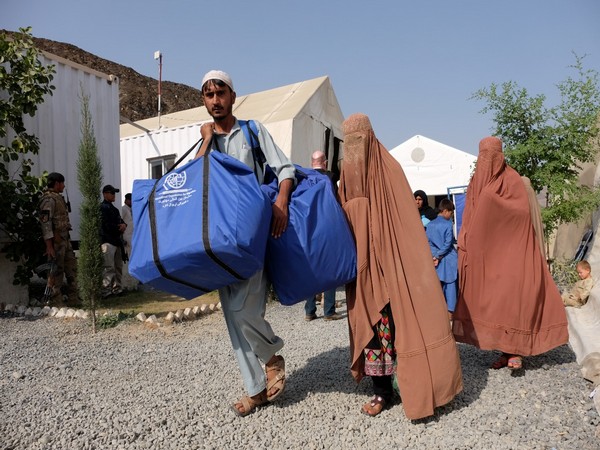
As the nation prepares for its second winter under Taliban rule, more Afghans will be fighting for survival as living circumstances worsen in the coming year, a top official of the International Committee of the Red Cross warned in an interview.
When the religious organization took control in August 2021, the economy collapsed and Afghanistan underwent a major transformation that left millions of people in poverty and starving to death as foreign help abruptly ceased.
“The economic hardship is there. It’s very serious and people will struggle for their lives,” Martin Schuepp, director of operations at the Red Cross, said in an interview late Sunday.
Access to international institutions and the foreign funds that financed Afghanistan’s aid-dependent economy prior to the withdrawal of U.S. and NATO forces have already been hampered by sanctions against the Taliban leadership, a ban on bank transfers, and the freezing of billions in the country’s currency reserves.
The Red Cross pays the salary of 10,500 medical personnel in the Afghanistan
“Prices are spiking due to a whole set of reasons, but also the issue of sanctions has led to massive consequences,” he said. “We see more and more Afghans who are having to sell their belongings to make ends meet, where they have to buy materials for heating while at the same time have to face increasing costs for food and other essential items.”
In order for organizations like the ICRC to continue their job, he said, all sanctions must include humanitarian exemptions. Sanctions make it difficult to bring relief and the required supplies to the country in a timely manner.
He noted that The Red Cross already pays the salary of 10,500 medical personnel each month to keep basic healthcare services operating. Cross already pays the salary of 10,500 medical personnel each month to keep basic healthcare services operating.
“We are very conscious that it’s not our primary role to pay for the salaries of medical staff. As a humanitarian organization, we are not best placed to do that. We have done so exceptionally to ensure that services continue to be provided.”
The majority of the prison population in the nation is being fed, according to Schuepp, who is visiting Afghanistan for the first time in his capacity as director of operations since the Taliban took control
Red cross was unable to immediately estimate the number of inmates in Afghanistan
“We have stepped up our support to prisons and prisoners, ensuring that food is being provided in the prisons throughout the country,” he said. “Today, about 80% of the prison population benefits from such food support.”
He described the Red Cross’ role as a “stop-gap measure” that had become necessary following the collapse of the U.S.-backed Afghanistan government once Washington began its final withdrawal of troops in August 2021. The Red Cross has tried “to make sure that basic services continue” in prisons under Taliban rule, he said.
The Islamic Emirate of Afghanistan, as the Taliban refer to their government, is a worldwide outcast because no nation in the world has recognized it. Before the U.S. invasion in 2001, a religious sect that had controlled Afghanistan in the 1990s was deposed.
